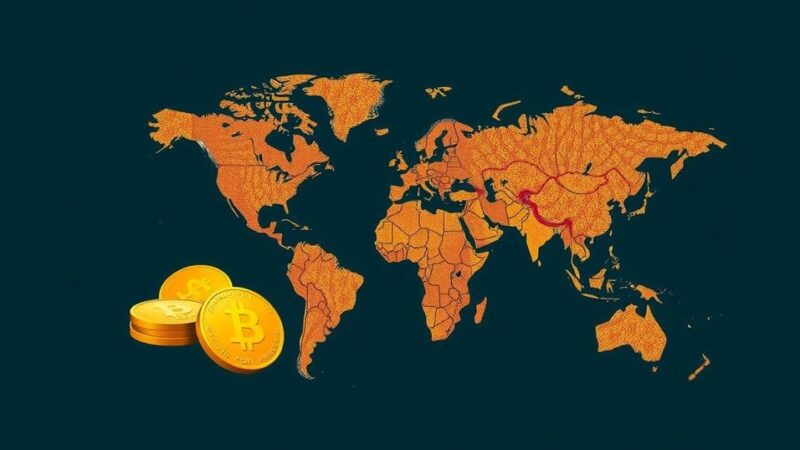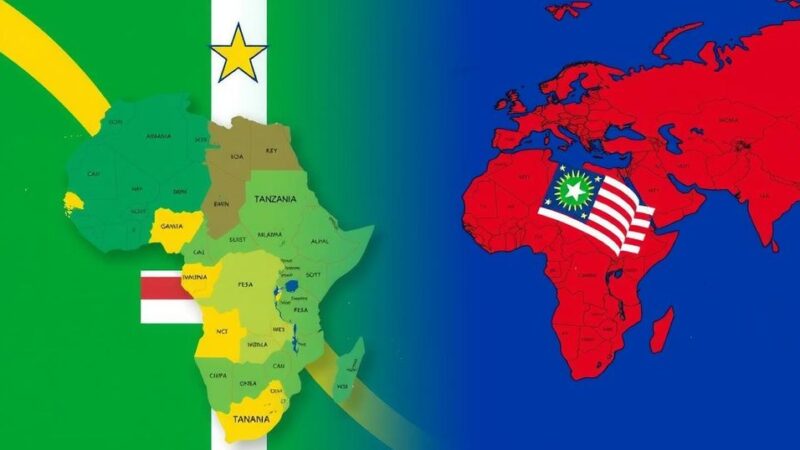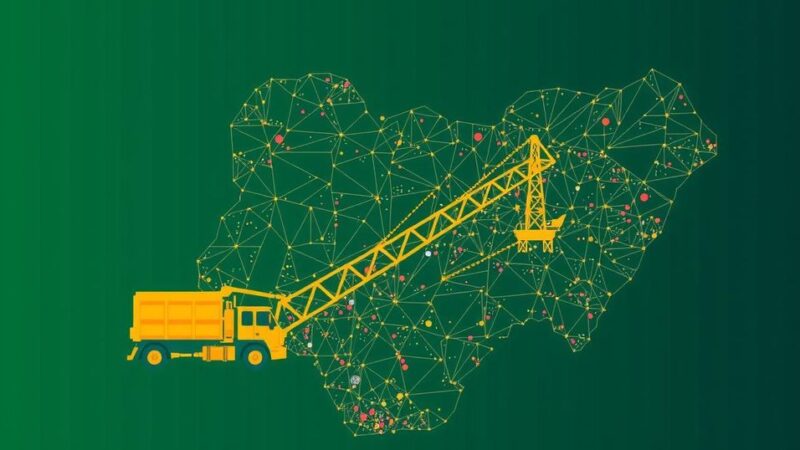Zimbabwe has introduced a gold-backed digital token aimed at increasing economic access and inclusivity. Following suit, Kenya is adopting web3 technology to tokenize real-world assets, enabling lower-income segments to invest in previously unattainable resources. With firms like NSE and Ubuntu Tribe leading these initiatives, the landscape of investment is transforming and democratizing, ultimately empowering more individuals economically.
On October 5, 2023, during a pivotal announcement, the Governor of Zimbabwe’s Reserve Bank, John Mangudya, unveiled a gold-backed digital token that aims to revolutionize domestic payments in Zimbabwe. This innovation seeks to free citizens from dependence on the US dollar and democratize access to gold ownership, traditionally limited to wealthier individuals. Kenya, recognizing similar challenges within its own economic landscape, has begun adopting this web3 technology to replicate Zimbabwe’s success in asset tokenization. The Nairobi Securities Exchange (NSE) is spearheading these tokenization efforts, allowing Kenyans from lower-income segments to invest in previously unattainable real-world assets. Tokenization converts traditional assets into smaller, more accessible digital units, thereby lowering investment barriers. As part of its efforts, NSE has joined the Hedera Council to facilitate the launch of tokenized securities, enabling fractional investments in Kenyan stocks. This strategic move underscores the potential of tokenization to reshape investment opportunities across the region. Additionally, Ubuntu Tribe is pursuing regulatory approval to tokenize gold, promoting broader access to this valuable resource. The objective here is clear: to provide equitable investment opportunities for all individuals, regardless of their economic standing. “The main idea behind tokenising gold is to give everyone equal access to opportunities. Right now, not everyone in Kenya can invest in the rare earth minerals,” stated Mathew Munyao, the Web3 culture manager at Ubuntu Tribe. Furthermore, companies such as Alphbloq are leading initiatives to digitize real estate investments, demonstrating the diversity of assets being tokenized in Kenya. This wave of innovation extends to agricultural investments through platforms like Kenya Security Tokenisation and My Shamba, enabling citizens to own stakes in farms and land. Consequently, these advancements represent a significant shift in wealth distribution, as tokenization simplifies and reduces the costs of investing in assets traditionally reserved for the affluent. “Because investing in these assets were previously reserved for the poor, many didn’t know about them, but with tokenisation, investing will be simplified, and cheaper, and now many can invest in them,” Mr. Munyao remarked. Overall, the strides made by both Zimbabwe and Kenya in implementing web3 technologies reflect a growing understanding of the importance of inclusivity in financial markets. As these initiatives unfold, they have the potential to uplift low-income individuals and reshape the economic landscape in both countries.
The introduction of web3 technologies in Africa marks a significant turning point in addressing financial inequities, particularly within low-income communities. By utilizing blockchain and tokenization, countries like Zimbabwe and Kenya are facilitating access to traditionally exclusive financial assets, thus empowering underprivileged segments of society to participate in the economy. Tokenization not only democratizes investment opportunities but also provides a viable hedge against local currency volatility, allowing individuals to preserve wealth more effectively.
In conclusion, the innovative application of web3 technologies in both Zimbabwe and Kenya represents a promising shift toward financial inclusion. By tokenizing real-world assets and allowing fractional ownership, these nations are unlocking new avenues for investment and saving, particularly for lower-income individuals. This approach not only enhances economic participation but also fosters a more equitable financial landscape, positioning these countries as leaders in the adoption of digital asset technology in Africa.
Original Source: www.theeastafrican.co.ke






